Seeking the next Alan Turing – the Bebras Computational Thinking Challenge
Last week saw the London Film Festival open with the premier of The Imitation Game, a film which chronicles the awe-inspiring work of Alan Turing cracking the German naval Enigma machine at Bletchley Park, Britain’s code breaking centre during WWII.
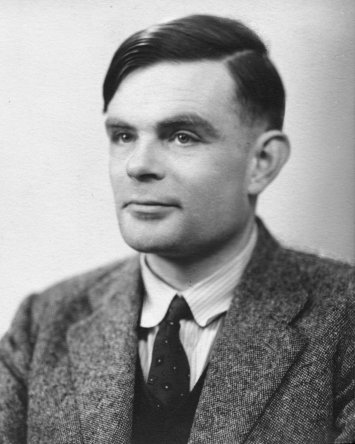
Alan Turing was a man of startling intellect and one of the founding fathers of computer science. After his work at Bletchley, Alan Turing went on to make significant contributions to the development of ACE (Automatic Computing Engine) at National Physical Laboratory (NPL), and later on the Manchester Mark 1 at Manchester University. Turing was a mathematician, logician, cryptanalyst, philosopher, computer scientist, mathematical biologist, and also a marathon and ultra-distance runner (all qualities to which I can only aspire and fail to measure up on every count). Of course, the tragedy of his life is how he was persecuted and prosecuted for his sexuality, which ultimately led to him taking his own life. This injustice was eventually recognised by the British Government in 2012, leading to a posthumous pardon by HM Queen Elizabeth in 2013. To this day Alan Turing remains one of the most notable figures in the development of computing in the UK.
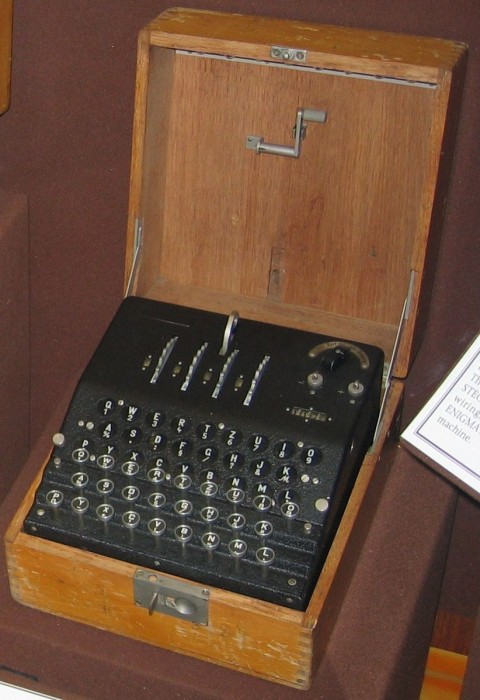
As an undergraduate at King’s College Cambridge, Alan Turing studied mathematics. It was during this time he did his seminal work on computation. Turing devised a methodology of describing hypothetical abstract machines, and demonstrated such machines are capable of performing any mathematical computation if it could be represented as an algorithm. Turing machines are a central object of study in the theory of computation. Building on this earlier work in 1949 Turing proposed an experiment, the Turing test. In this test Turing attempted to understand and define the basis of machine “intelligence”. Turing’s assertion was that a computational device could be said to be “intelligent” if a human interrogator could not distinguish between the responses from the machine and that of another human being, through conversation alone. To this day the Turing test continues to spark debate around the meaning of artificial intelligence, so in homage of his work we’ve created an educational resource – a whole scheme of work for KS2 and KS3 – for teachers to explore the Turing experiment.
At Bletchley, Turing had a bit of a reputation. He was nicknamed “The Prof” in recognition of his curious mannerism, his intellect and his understanding of computation. Here at Pi Towers, we are keen on all things computing, and we are always looking for ways to grow the next generation of Turings, so in conjunction with ARM Holdings and Oxford University we are proud to support and sponsor the UK Bebras Computational Thinking Challenge.
The Bebras Computational Thinking Challenge is open to all schools in the UK, for pupils from Year 2 to Year 13, and runs during the week beginning November 10. The challenge is free to enter, takes about 40 minutes and is completed online. If you are not sure what to expect, you can have a go at questions from previous year’s competitions here, but if you are interested in taking part in this year’s competition your school must register by October 31. Not in the UK ? Don’t worry, this is only the UK chapter of an international competition, so you can find out your national organising body at the Bebras site under countries.

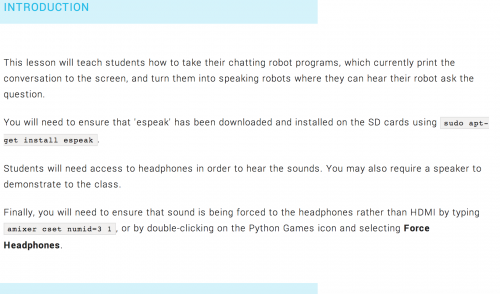
![beaverUK2[1]](/wp-content/uploads/2014/10/beaverUK21.png)




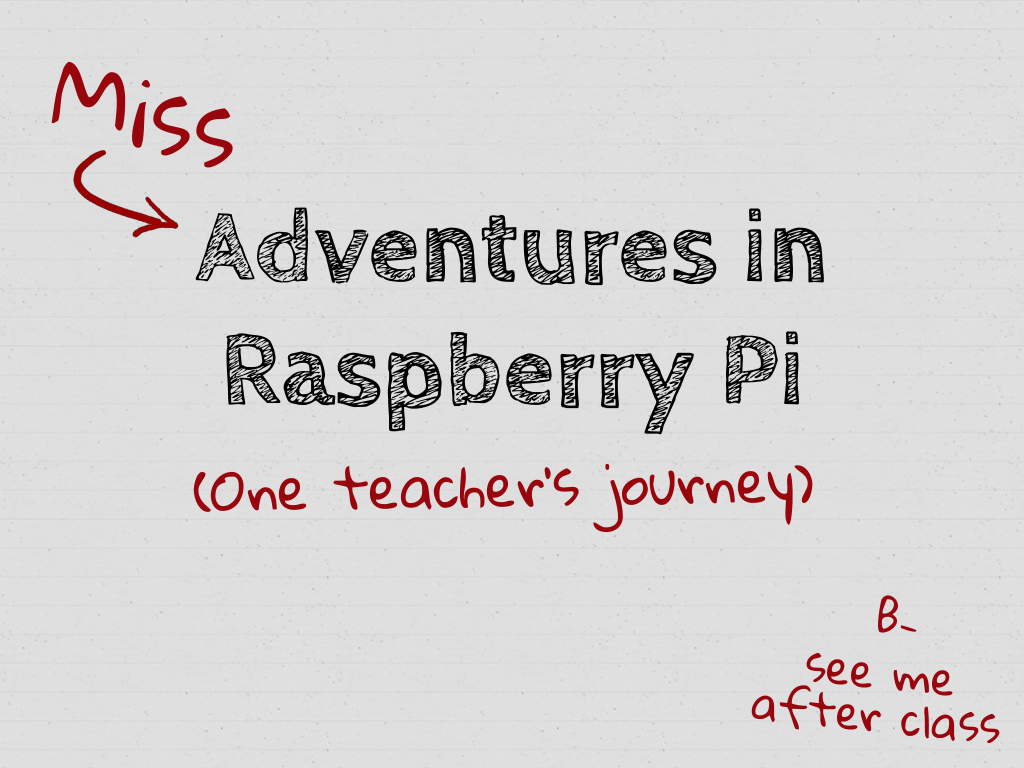
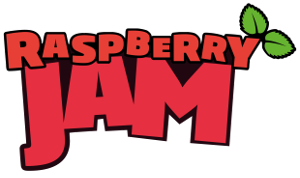
3 comments
ColinD
For anyone looking for an excellent book on early computers in which Turing and his colleagues were involved look no further than Alan Turing and His Contemporaries: Building the World’s First Computers available on Amazon. Absolutely recommended.
sgazda
It is worth to say that enigma code was borken firstly by Marian Rejewski, Jerzy Rozycki and Henryk Zygalski before WWII. Base on it, Alan Turing and his team was able to crack newest version of Enigma during WWII.
http://en.wikipedia.org/wiki/Enigma_machine
paddyg
Although Turing wrote his 1950 paper in terms of a parlour game it masks a much more fundamental philosophical point based on the mathematical idea that if two functions give the same output whatever the input then they are the effectively the same and can be substituted for each other.
Turing’s test allows us to avoid getting bogged down by what things ‘are’ and concentrate on what they do.
PS I think 5 year old kids should be introduced to maths with a calculator so they grasp from the start that divide simply ‘does’ the opposite of ‘multiply’ rather than getting confused by cutting pies in pi pieces!